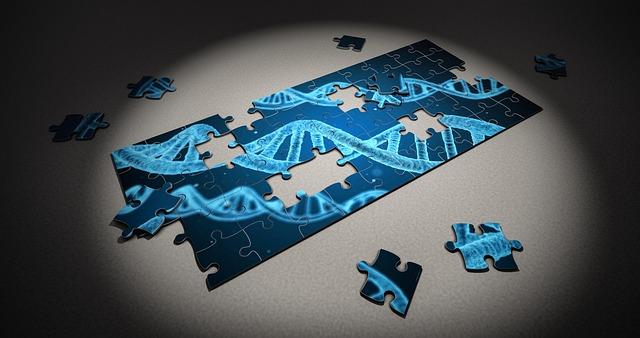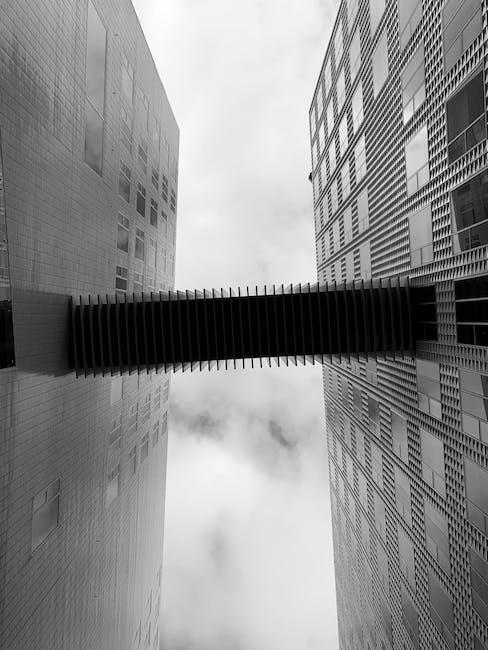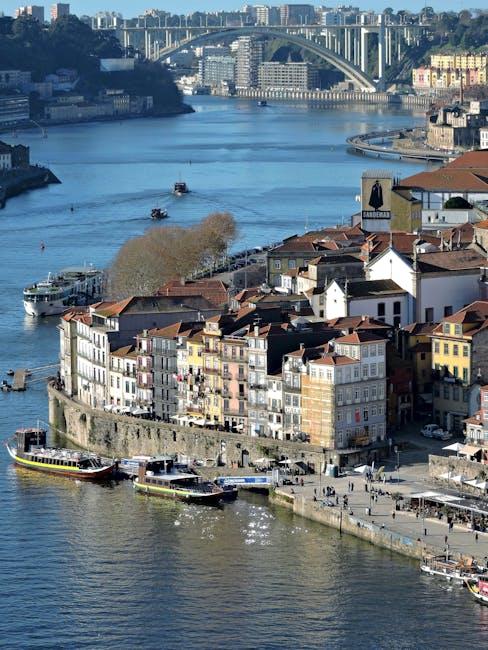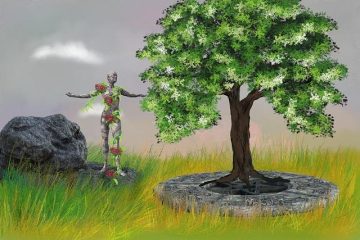In the tapestry of Roman mythology, Gaia emerges as a revered figure, embodying the very essence of the Earth itself. With roots intertwined with ancient narratives, her presence reverberates through the annals of history, influencing beliefs and shaping perspectives. Let us embark on a journey to unravel the enigmatic depths of Gaia’s role in Roman mythology, exploring her significance and connections that endure through the sands of time. Join us as we delve into the captivating lore that surrounds this Earthly deity.
Table of Contents
- - Unveiling Gaia: The Earth Mother in Roman Mythology
- – Exploring the Symbolism and Power of Gaia in Ancient Roman Culture
- – Connecting with Gaia: Practices and Rituals to Honor the Earth Goddess
- – Gaia’s Influence on Nature, Fertility, and Creation in Roman Beliefs
- Q&A
- Insights and Conclusions

– Unveiling Gaia: The Earth Mother in Roman Mythology
**Gaia**, known as the Earth Mother in Roman mythology, symbolizes the embodiment of the earth itself. As the primal deity representing the planet we inhabit, Gaia holds immense significance in ancient mythological traditions.
<p>**Attributes of Gaia**:<br>
- Fertility and abundance<br>
- Connection to nature and creation<br>
- Life-giving and nurturing presence</p>
<p>**Depictions of Gaia**:<br>
- Often portrayed with fruits and flowers<br>
- Associated with the cycle of seasons and growth<br>
- Revered as the source of life and sustenance</p>
<table class="wp-block-table">
<thead>
<tr>
<th>Offerings to Gaia</th>
<th>Significance</th>
</tr>
</thead>
<tbody>
<tr>
<td>Harvested grains</td>
<td>Symbol of agricultural blessings</td>
</tr>
<tr>
<td>Fresh water from springs</td>
<td>Representation of purity and vitality</td>
</tr>
<tr>
<td>Herbs and plants</td>
<td>Connection to healing and vitality</td>
</tr>
</tbody>
</table>– Exploring the Symbolism and Power of Gaia in Ancient Roman Culture
In Ancient Roman culture, Gaia symbolized the Earth as a primordial deity embodying fertility, abundance, and motherhood. Revered for her nurturing and life-giving qualities, she was worshipped as the ultimate source of life and sustenance. Associated with the cycle of birth, growth, and renewal, Gaia held a central role in Roman mythology, representing the interconnectedness of all living beings with the natural world.
The power of Gaia extended beyond physical nourishment to encompass spiritual awakening and harmony with the environment. Devotees honored her through rituals and ceremonies, seeking blessings for bountiful crops, healthy families, and sustainable ecosystems. As a divine figure intertwined with the essence of existence, Gaia served as a reminder of the vital connection between humanity and the Earth, promoting respect, gratitude, and stewardship for the planet and its resources.
- Connecting with Gaia: Practices and Rituals to Honor the Earth Goddess
In Roman mythology, Gaia, the Earth Goddess, is revered for her boundless fertility and nurturing spirit. Connecting with Gaia involves embracing the natural world around us and honoring the interconnectedness of all living beings. To deepen your relationship with this ancient deity, consider incorporating the following practices and rituals into your spiritual journey:
**Practices:**
- **Meditate in Nature:** Find a tranquil spot outdoors, close your eyes, and allow the sounds of the earth to envelop you. Breathe in the fresh air and visualize roots extending from your body, grounding you to Gaia’s energy.
- **Create an Earth Altar:** Collect stones, leaves, flowers, and other treasures from nature to build a sacred altar in your home or garden. Offerings of gratitude such as water, herbs, or incense can be placed here to honor Gaia’s abundance.
**Rituals:**
- **Full Moon Earth Blessing:** On the night of the full moon, stand barefoot on the earth, raise your arms to the sky, and recite a heartfelt prayer of gratitude to Gaia. Visualize her radiant energy flowing through you, filling you with vitality and harmony.
- **Planting Ceremony:** Symbolize your connection with Gaia by planting a tree, herbs, or flowers in your garden. As you dig the soil, infuse your intentions for growth, healing, and renewal into the earth, acknowledging Gaia’s life-giving essence.

– Gaia’s Influence on Nature, Fertility, and Creation in Roman Beliefs
In Roman mythology, Gaia is revered as the primal goddess representing the Earth itself. She embodies the essence of nature, fertility, and creation, playing a pivotal role in shaping the world as it was known to the ancient Romans. Gaia’s influence is deeply intertwined with the cycles of life, growth, and abundance, symbolizing the interconnectedness of all living beings with the Earth.
Roman beliefs attribute Gaia with the power to nurture and sustain life, fostering the lush landscapes, bountiful harvests, and thriving ecosystems that sustained their civilization. As the embodiment of the Earth’s vitality, Gaia was worshipped for her ability to bring forth new life, inspire creativity, and maintain harmony within the natural world. The reverence for Gaia in Roman culture highlights the profound respect and admiration the ancient Romans held for the Earth and its intrinsic connection to all living things.
Q&A
Q&A: Unveiling the Mystery of Gaia in Roman Mythology
Q: Who is Gaia in Roman mythology?
A: Gaia, known as Terra Mater in Roman mythology, is the primordial goddess of the Earth and one of the earliest deities in Roman religion.
Q: What role does Gaia play in Roman mythology?
A: Gaia is revered as the personification of the Earth itself, symbolizing fertility, abundance, and the nurturing aspect of nature in Roman beliefs.
Q: How is Gaia depicted in Roman art and literature?
A: In artistic representations, Gaia is often illustrated as a maternal figure, embodying the essence of the Earth through her connection with all living beings.
Q: What are some myths and stories associated with Gaia in Roman mythology?
A: Gaia is intertwined in various myths, such as her role as the mother of the Titans and Giants, her involvement in the creation of the world, and her significance in the cycle of life and nature.
Q: How does Gaia’s influence continue to resonate in modern culture?
A: Gaia’s legacy endures in environmental movements, ecological awareness, and the recognition of humanity’s interconnectedness with the Earth, emphasizing the importance of preserving and respecting the natural world.
Insights and Conclusions
In conclusion, exploring Gaia in Roman mythology unveils a world where the earth itself is not merely a backdrop but a central force intertwining with gods, mortals, and destiny. The reverence and significance attributed to Gaia showcase a profound connection between nature and spirituality in ancient Roman beliefs. As we reflect on Gaia’s role as the primordial goddess of the earth, we are reminded of the enduring power and influence that the natural world holds over humanity. Delve deeper into the rich tapestry of Roman mythology, and let the stories of Gaia continue to inspire wonder and reverence for the earth we call home.



0 Comments